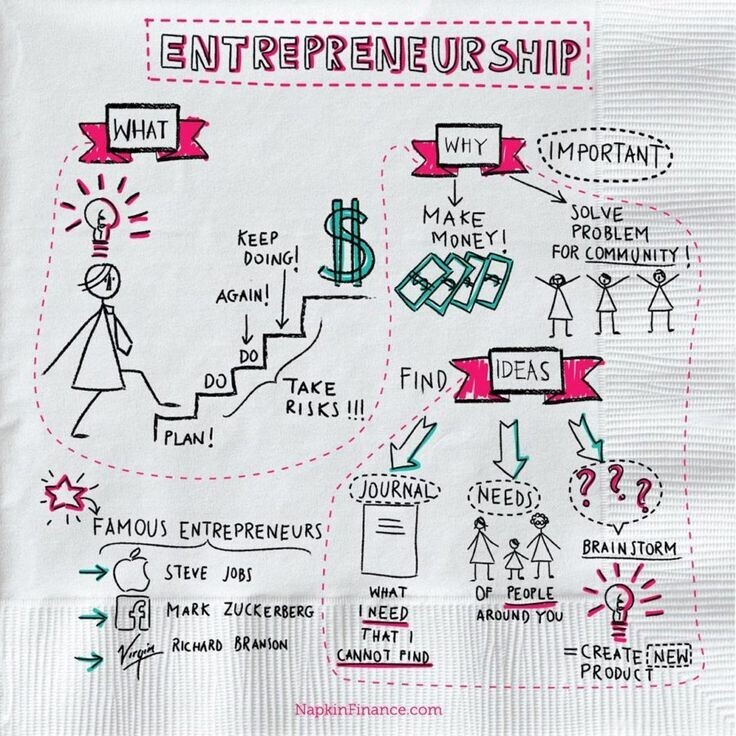
Overcoming Cultural Barriers: Success Stories of South Asian Women Entrepreneurs
South Asian women entrepreneurs have been breaking barriers and shattering stereotypes to create spaces for themselves in industries traditionally dominated by men. Despite facing cultural expectations, societal limitations, and gender biases, many women have risen to prominence, carving out paths for future generations of female entrepreneurs.
Challenging Cultural Norms
In many South Asian communities, cultural traditions and family expectations often dictate a woman’s role within the household and society. Women are expected to prioritize marriage, family, and caregiving, leaving little room for career aspirations or entrepreneurial pursuits. However, the tide is shifting. South Asian women are increasingly pushing back against these norms, choosing to pursue their dreams of business ownership and innovation.
One such trailblazer is Falguni Nayar, founder and CEO of Nykaa, India’s premier beauty and wellness retail platform. Nayar, a former investment banker, defied societal expectations by starting Nykaa in 2012, at the age of 50. In a space where female leadership is rare, Nayar’s business acumen and vision led to Nykaa’s IPO in 2021, making it one of India’s most successful startups and her one of the country’s wealthiest self-made women. Nayar’s journey showcases that age, gender, and societal expectations are not barriers to success.
Balancing Tradition and Innovation
Many South Asian women entrepreneurs have also found success by blending tradition with modern business models. Take Mina Patel, co-founder of Indian snack brand Gharana Foods, as an example. Patel launched the business with her sister, creating a line of ready-to-eat traditional Indian snacks that resonate with both the South Asian diaspora and a global audience. By combining centuries-old recipes with modern packaging and distribution, Patel has maintained her cultural roots while building a thriving international business.
Patel’s story illustrates the balancing act South Asian women face. Many must navigate the fine line between honoring their cultural heritage and innovating to appeal to a global market. This fusion of old and new has proven to be a recipe for success, with entrepreneurs like Patel paving the way for future generations.
Resilience in the Face of Adversity
A significant challenge for South Asian women entrepreneurs lies in overcoming not just societal expectations but also external obstacles like access to funding and support. Radhika Aggarwal, co-founder of the e-commerce platform ShopClues, faced skepticism and outright bias as a woman in the tech industry. Despite these challenges, Aggarwal persevered, and ShopClues became one of India’s leading online marketplaces.
Similarly, Dr. Kiran Mazumdar-Shaw, founder of Biocon, one of India’s largest biotechnology companies, faced difficulties early in her career when securing funding. Banks were reluctant to lend to a woman in a field dominated by men. Today, Biocon is a global leader in biotechnology, and Dr. Mazumdar-Shaw has become an iconic figure in the entrepreneurial world, proving that resilience and determination can overcome deeply entrenched gender biases.
Inspiring the Next Generation
These success stories not only highlight the achievements of South Asian women entrepreneurs but also inspire younger generations to challenge the status quo. Malala Yousafzai, while primarily known for her activism, embodies the entrepreneurial spirit by establishing the Malala Fund to advocate for girls’ education worldwide. Malala’s journey from a small village in Pakistan to global prominence serves as a beacon of hope for young South Asian women who aspire to create change in their communities.
The ripple effect of these inspiring stories is undeniable. As more South Asian women rise to prominence, they create pathways for others to follow, fostering a supportive network of female entrepreneurs who continue to defy cultural barriers and redefine what it means to be a woman in business.
Conclusion
The success stories of South Asian women entrepreneurs reveal a pattern of resilience, innovation, and determination. These women have not only overcome cultural and societal barriers but have also built thriving businesses that reflect their unique perspectives and experiences. As they continue to break stereotypes and challenge norms, they lay the foundation for a future where South Asian women entrepreneurs are no longer the exception but the rule. Their journeys remind us that with courage, passion, and persistence, anything is possible.
No Responses